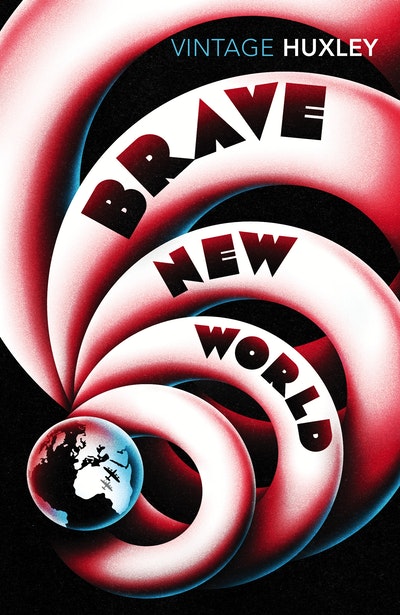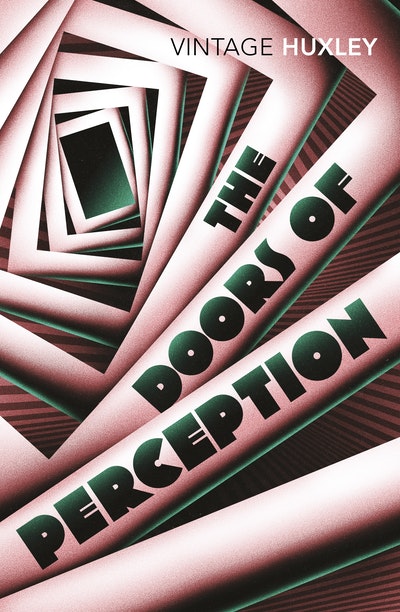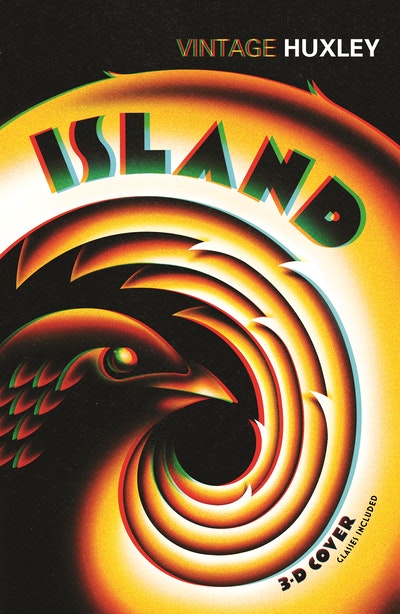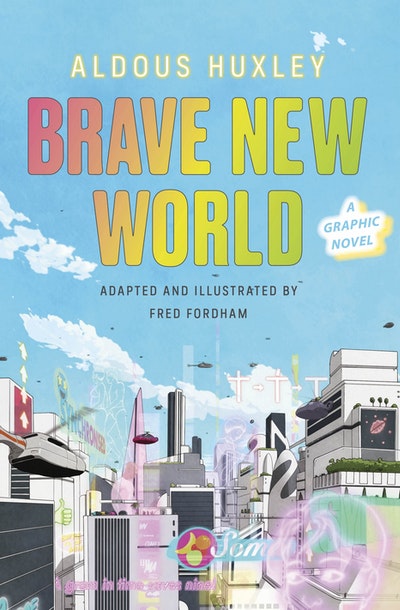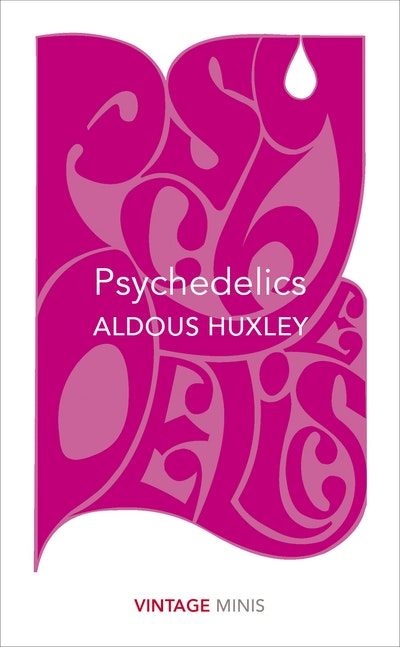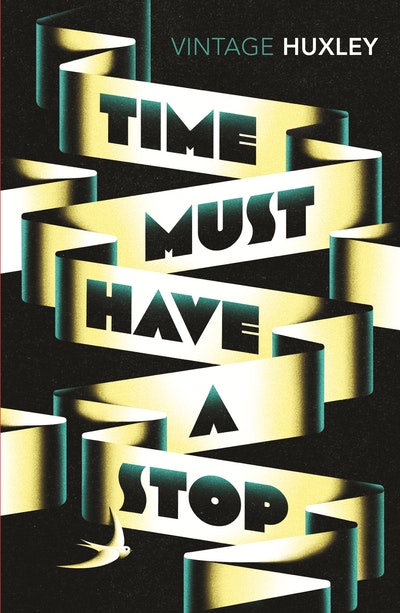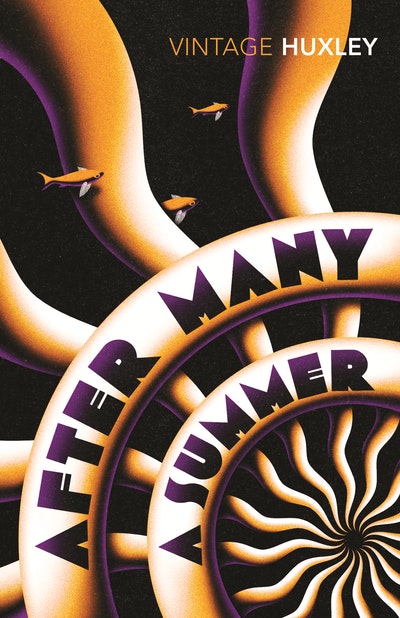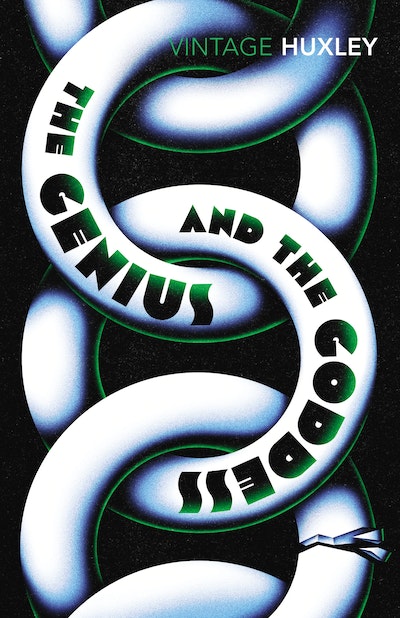- Published: 1 January 2008
- ISBN: 9780099518471
- Imprint: Vintage Classics
- Format: Paperback
- Pages: 288
- RRP: $19.99
Brave New World
- Published: 1 January 2008
- ISBN: 9780099518471
- Imprint: Vintage Classics
- Format: Paperback
- Pages: 288
- RRP: $19.99
It is impossible to read Brave New World without being impressed by Huxley's eerie glimpses into the present
New Statesman
The 20th century could be seen as a race between two versions of man-made hell - the jackbooted state totalitarianism of Orwell's Nineteen Eight-Four, and the hedonistic ersatz paradise of Brave New World, where absolutely everything is a consumer good and human beings are engineered to be happy
Margaret Atwood, Guardian
Aldous Huxley was uncannily prophetic, a more astute guide to the future than any other 20th century novelist ... Nineteen Eighty-Four has never really arrived, but Brave New World is around us everywhere
JG Ballard
A brilliant tour de force, Brave New World may be read as a grave warning of the pitfalls that await uncontrolled scientific advance. Full of barbed wit and malice-spiked frankness. Provoking, stimulating, shocking and dazzling
Observer
What Aldous Huxley presented as fiction with the human hatcheries of Brave New World has become fact. The consequences are profound and, if we don't get it right, deeply disturbing
John Humphrys, Sunday Times
Huxley's nightmare, set out in Brave New World, his great dystopian novel, was that we would be undone by the things that delight us
Guardian
Such ingenious wit, derisive logic and swiftness of expression, Huxley's resources of sardonic invention have never been more brilliantly displayed
The Times
Not a work for people with tender minds and weak stomachs
J.B. Priestley
The most prophetic book of the 20th century... If you have time for just one book, this would be my top choice.
Yuval Noah Harari
